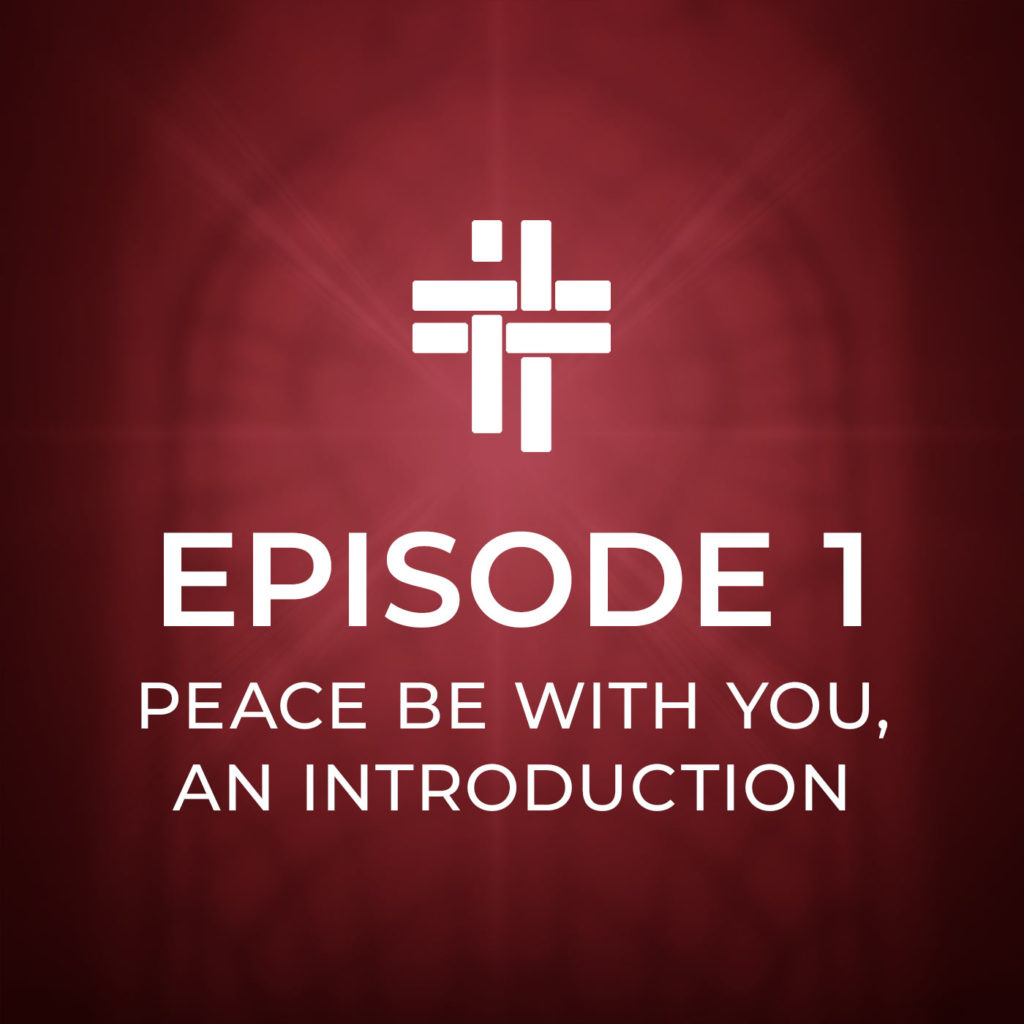People hunger for peace but they are surrounded by conflict and suffering. In response, Peace Be With You explores a path to the Peace of Christ. During this reflective journey, I revisit key principles presented in Taming the Wolf: Peace through Faith — which combines contemporary conflict resolution with the peacemaking legacy of Saint Francis. The theology of Benedict XVI will be featured; for example, in this episode I sample The Theology of History in Saint Bonaventure. Peace Be With You invites listeners to study and train as peacemakers. Please subscribe and share.
Podcast: Play in new window | Download (Duration: 11:56 — 16.4MB) | Embed
Subscribe to the podcast
Credits
Music: “Angel Share” and “Ascending the Vale” Kevin MacLeod (incompetech.com) Licensed under Creative Commons: By Attribution 3.0 License


